T4K3.news
Finale ends the Carrie era with messy aging
The Sex and the City reboot closes its run with Carrie facing life on her own, inviting viewers to rethink endings and aging.
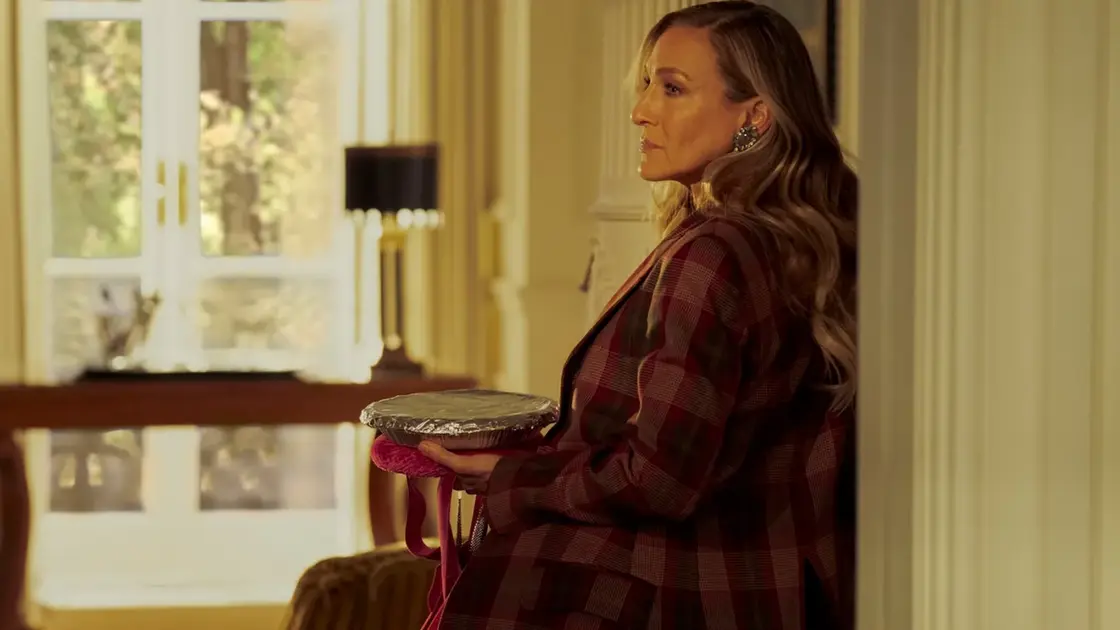
A thoughtful take on the season finale of the Sex and the City reboot and its focus on aging, friendship, and imperfect endings.
Carrie Bradshaw ends the saga embracing messy aging
Season Three concludes the Sex and the City reboot and marks the end of this chapter for the familiar cast. Carrie is shown alone in a large house, eating a whole pie after a fractured Thanksgiving, signaling a halt to the grand romance arc. The changes to the core cast are clear: Miranda is depicted as fully gay, Charlotte is juggling work and family with a nonbinary child, and Samantha remains off screen. Aidan returns but the reunion does not salvage the past. The finale avoids a tidy ending and settles for an uneasy peace that feels earned rather than prescribed.
Fans and critics debated the tone, with some branding the reboot cringe and others praising its willingness to show life in all its mess. The piece notes that the show challenges the old idea of a flawless happy ending by centering female friendship, aging, and personal growth as legitimate themes in their own right. It treats the ending as a prompt for reflection rather than a fairy tale finale and suggests that the highs and lows of late life can coexist with humor and warmth.
Key Takeaways
"Carrie Bradshaw, frankly, has always been a mess"
Editorial remark on the central character’s identity
"There is always adventure. Always sex. Always tears. Always a Cosmo with a friend at the end of the day"
Describing the show’s defining traits
"What else do you want from us?"
Reader reaction to audience expectations
The author writes with a personal warmth that treats mess as a strength rather than a flaw. The piece points to a broader cultural moment where aging women face less room for public joy and missteps, yet deserve a full stage. By ending with self defined happiness and strong friendships, the essay argues the show offers a more honest arc for today’s audience. It portrays women not as polished icons but as aging people navigating love, work and family with courage and humor.
Highlights
- Messy is the point and that is enough
- Ageing on screen is real life in motion
- Self made happiness beats a perfect ending
- The end of a show is just a moment not a life
Cultural and political sensitivity risk
The piece touches on shifts in gender politics and reproductive rights that can spark backlash or controversy. It analyzes public reaction to aging women in media, a topic with political and social implications.
The dialogue around women, aging and ambition will continue beyond the screen.
Enjoyed this? Let your friends know!
Related News
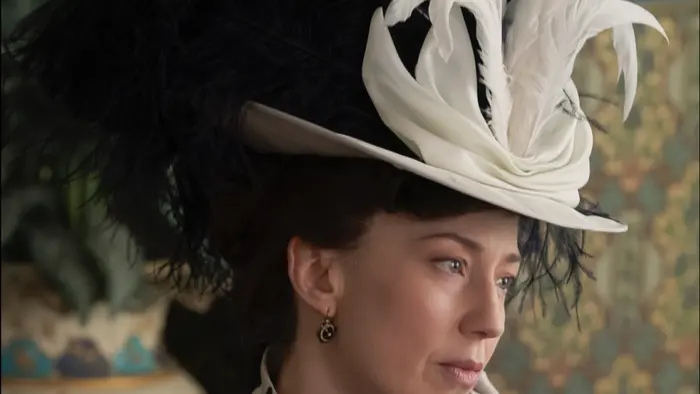
Bertha Russell reshapes high society at Newport
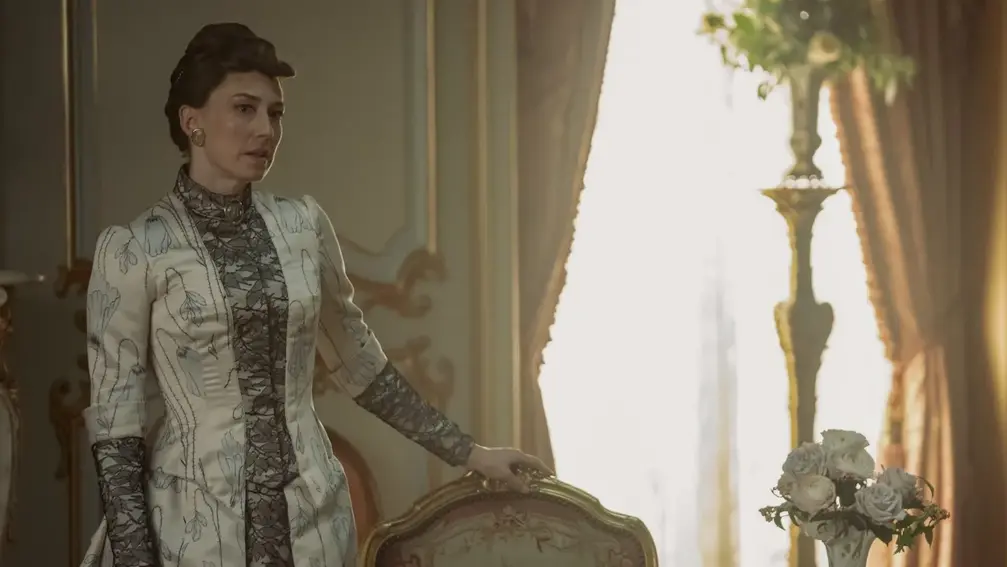
Bertha faces a new test of power

Upcoming finale of The Gilded Age promises more shocks

Sex and the City finale reviewed
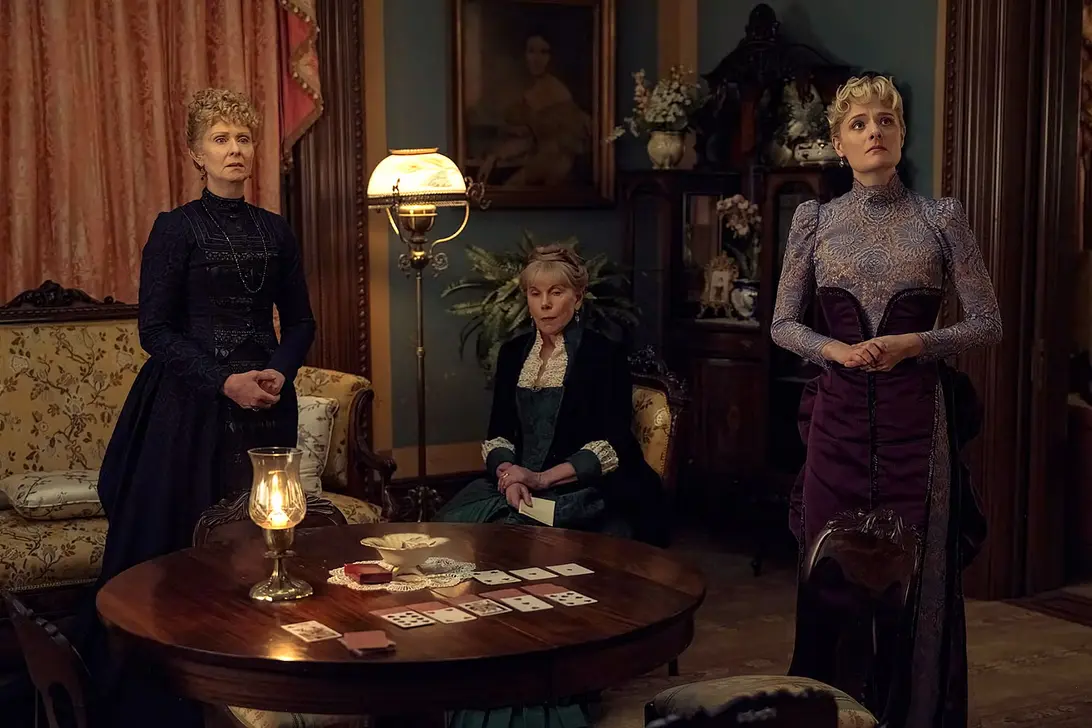
Episode 7 of The Gilded Age receives acclaim for emotional depth
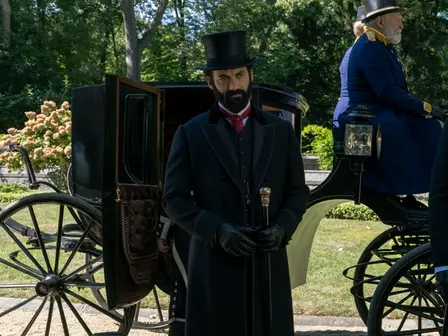
The Gilded Age finale analysis

And Just Like That finale ends with Carrie choosing herself
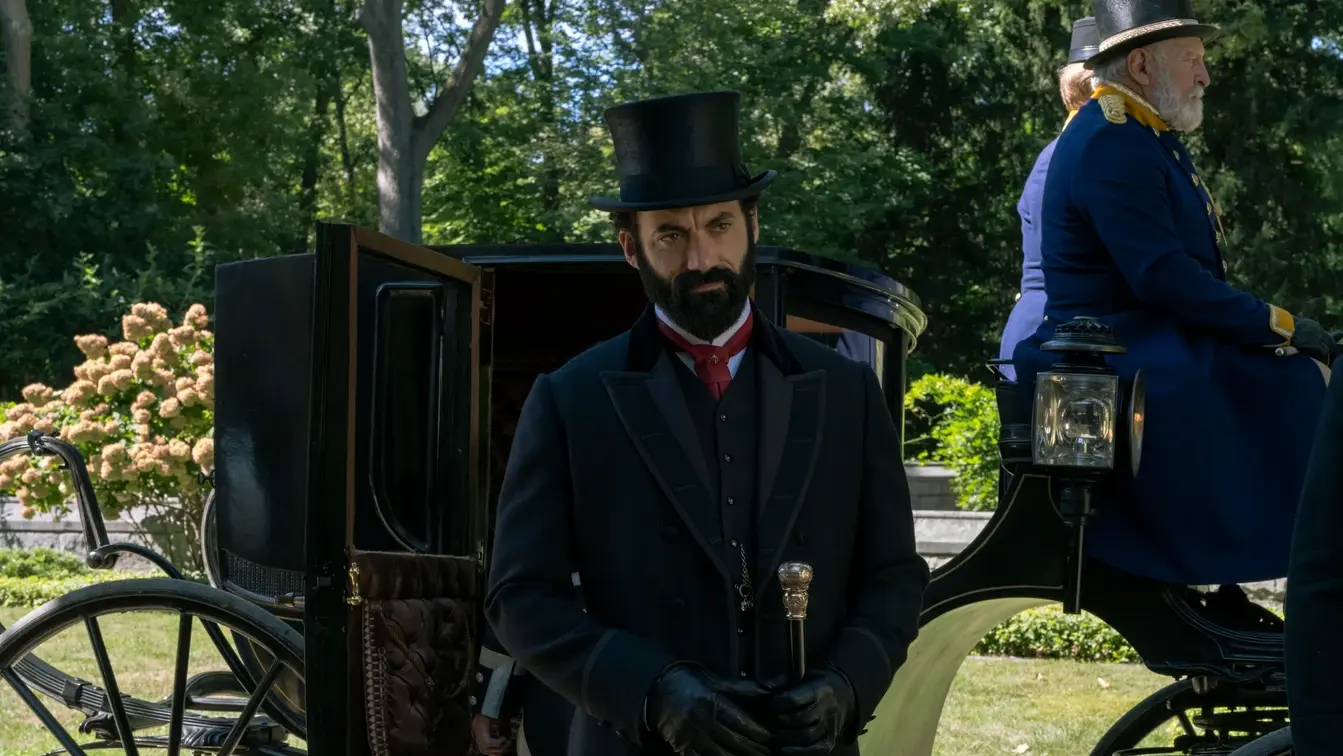
Gilded Age finale reshapes Season 4 ambitions
